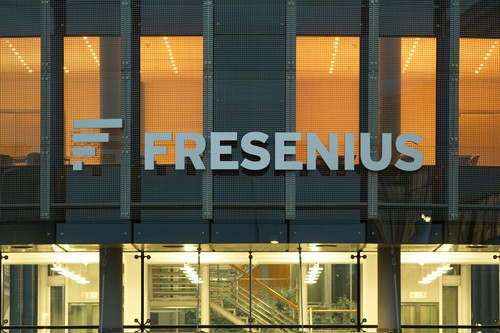
Fresenius Kabi has beefed up its pharmaceuticals division with deals to acquire US generic drugmaker Akorn for $4.3bn and Merck KGaA’s fledgling biosimilars business for up to €670m ($730m).
The deal with Akorn bolsters Fresenius’ drugs business – which is mainly focused on generic sterile injectable drugs – by adding capabilities in other categories such as ophthalmic, respiratory and intranasal drugs that are considered somewhat resistant to both generic competition and the current downward pressure in drug pricing, particularly in the US.
Fresenius is paying $34 per share for Akorn – valuing the company at $4.3bn – and will also assume around $450m in debt held by the US firm. Akorn is predicting that it will post around $1bn in sales this year and operating earnings of $363-401m, and Fresenius predicts that there will be cost savings of around $100m a year after the two companies are joined together.
The chief executive of Fresenius’ US subsidiary, John Ducker, said merging the two companies would “strengthen and diversify both businesses” and that Akorn adds “specialised expertise in development, manufacturing and marketing of alternate dosage forms, as well as access to new customer segments like retail, ophthalmology and veterinary practices”.
Rumours of a deal have been circulating for several weeks, and Akorn confirmed it was in negotiations with the German company earlier this month. Fresenius has been steadily bolting on new acquisitions under new chief executive Stephan Sturm, buying Spanish hospital chain Quironsalud for €5.8bn last September.
The Merck agreement comes four years after Fresenius hived off its biotech business to the owners of Israeli group Neopharm, saying it wanted to narrow down its focus to intravenous drugs, infusion therapy, clinical nutrition and medical devices. Adding in Merck’s biosimilars business takes it right back into the biotech sphere.
Fresenius is paying €170m upfront for the portfolio – headed by a copy of AbbVie’s $16bn blockbuster Humira (adalimumab) that has reached the phase III trial stage in chronic plaque psoriasis – as well as €500m in milestones.
Merck kicked off its biosimilar programme in 2012 via an agreement with India’s Dr Reddy’s Laboratories at a time when the company was facing patent expiries on some big-selling products, and the move was considered a “plan B” to its usual focus on innovative drugs, said chief executive Stefan Oschmann recently.
Since then the company’s R&D pipeline has picked up, and it has just had its first approval for Pfizer-partner immuno-oncology drug Bavencio (avelumab) in the US.




